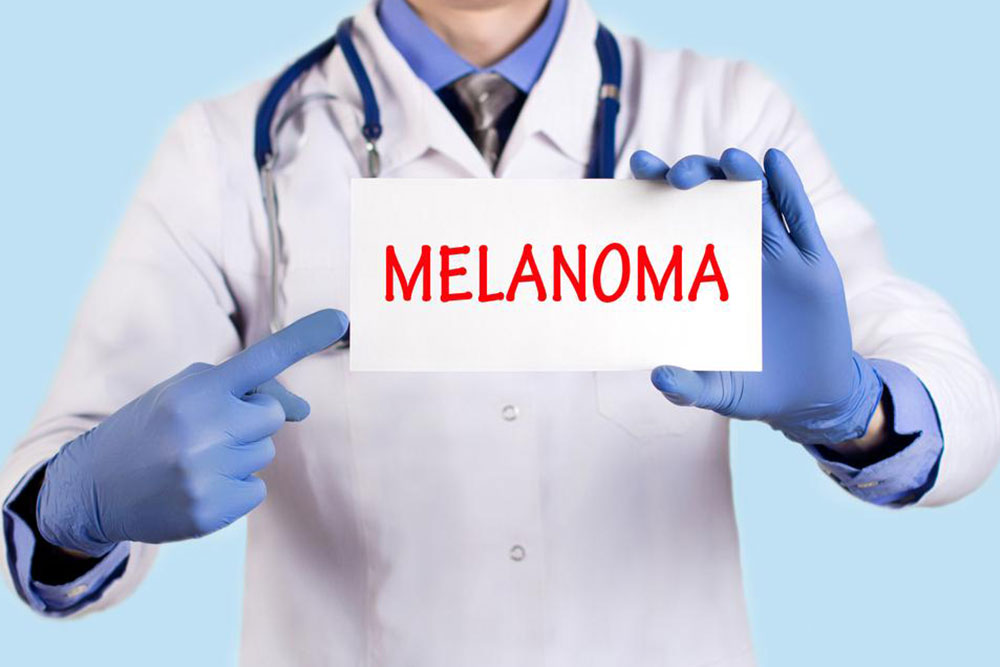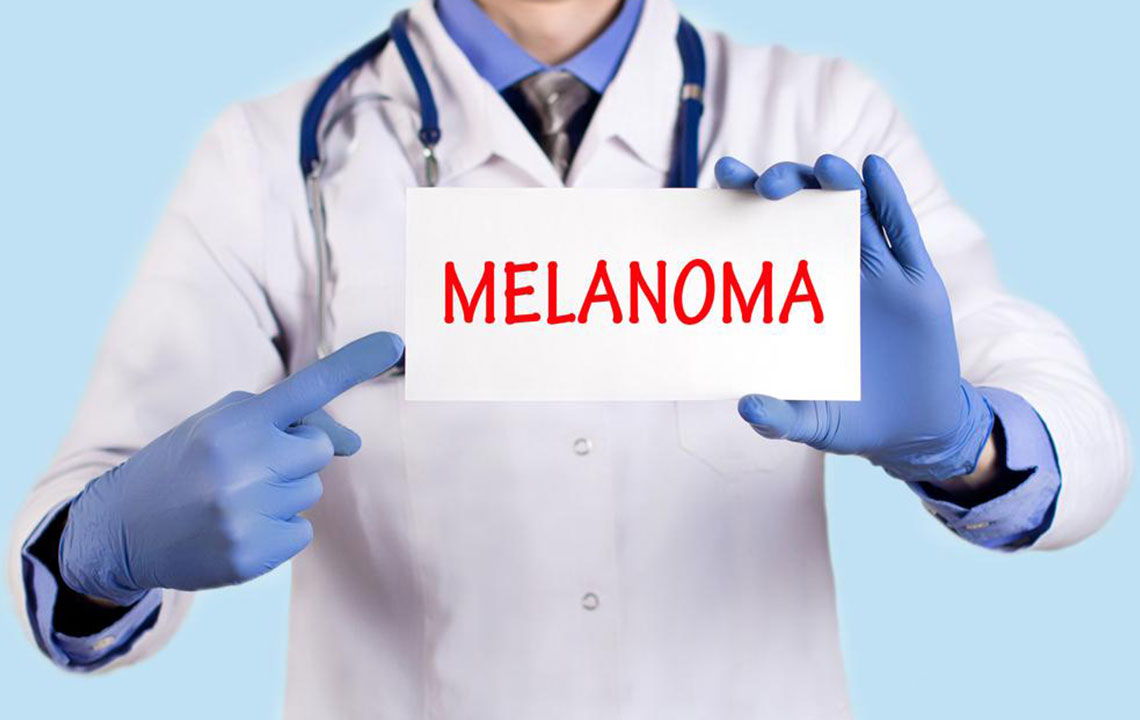Comprehensive Guide to Managing Melanoma: Strategies, Treatments, and Prevention
This comprehensive guide explores effective strategies for managing melanoma, highlighting innovative treatments like immunotherapy, crucial dietary tips, and lifestyle changes to reduce risks. Emphasizing early detection, advanced therapies, and prevention, it provides valuable insights for patients and caregivers aiming to enhance outcomes and quality of life amid melanoma diagnosis and treatment. Staying informed about recent medical advances and adopting healthy habits are essential steps in combating this aggressive skin cancer.

Understanding Melanoma: Causes, Risks, and Importance of Early Detection
Melanoma is one of the most dangerous types of skin cancer, originating from melanocytes — the cells responsible for producing melanin, the pigment that gives skin its color. Although it accounts for a smaller percentage of skin cancer cases overall, melanoma causes the majority of skin cancer-related deaths due to its aggressive nature. In the United States alone, roughly 90,000 new cases are diagnosed each year, reflecting the significant impact this disease has on public health. The development of melanoma is influenced by various factors, including genetic predisposition, environmental exposure, and lifestyle choices. Ultraviolet (UV) radiation from prolonged sun exposure, tanning beds, and sunlamps is a primary environmental risk factor. People with fair skin, light hair, and often with a history of sunburns are at higher risk. Nonetheless, melanoma can occur in individuals with darker skin as well, making awareness and early detection vital for everyone. Early diagnosis significantly improves treatment outcomes. Recognizing the warning signs through the ABCDE criteria — Asymmetry, Border irregularity, Color variation, Diameter larger than 6mm, and Evolving shape or color — can aid in identifying suspicious moles or skin lesions. Regular skin examinations by a dermatologist are recommended, especially for those at higher risk. Early detection saves lives and provides more treatment options. This comprehensive guide aims to inform readers about effective strategies to manage melanoma, encompassing advanced treatments, nutritional guidance, && lifestyle modifications to help those affected enhance their quality of life and improve prognosis.
Innovative Therapeutic Approaches in Melanoma Treatment
Recent advances in immunotherapy and targeted therapy have revolutionized melanoma management. One prominent immunotherapy drug is OPDIVO® (nivolumab), which has demonstrated remarkable efficacy, particularly in advanced or metastatic melanoma where traditional treatments may fall short. OPDIVO® works by inhibiting the PD-1 pathway — a checkpoint in the immune system that tumors exploit to evade immune attack. By blocking this pathway, OPDIVO® effectively reactivates the immune system, enabling it to recognize and destroy melanoma cells more efficiently. It is primarily recommended for patients with advanced stages of melanoma or when surgical options are limited. Patients are often subjected to diagnostic tests to assess PD-L1 protein expression, which can determine the suitability of OPDIVO® therapy. This medication can be administered as monotherapy or in combination with other treatments like ipilimumab, enhancing its effectiveness. Combination therapies, including targeted agents like BRAF inhibitors (for BRAF-mutant melanoma), are also utilized to improve outcomes. Selecting the appropriate treatment depends on various factors such as genetic mutation status, disease stage, and overall health. Alongside drug therapies, emerging treatments such as oncolytic virus therapy and personalized vaccines are being explored to further augment immune responses and combat resistant melanoma. Patients undergoing immunotherapy should be closely monitored for potential side effects, which may include fatigue, skin reactions, and immune-related adverse events. Collaboration with a multidisciplinary medical team ensures optimal management, enhances response rates, and minimizes complications.
Diet and Nutrition: Enhancing Melanoma Management with Proper Nutrition
While treatments like immunotherapy are crucial, proper nutrition plays an equally vital role in supporting recovery and maintaining overall health during melanoma management. A balanced diet can strengthen the immune system, reduce treatment side effects, and improve quality of life. Incorporate a variety of nutrient-rich foods such as leafy greens (spinach, kale, broccoli, collards), which are abundant in vitamin C, iron, and antioxidants. These nutrients are essential for tissue repair and immune function. Additionally, consuming red-colored fruits and vegetables like tomatoes, watermelon, and pink grapefruit provides lycopene — a powerful carotenoid antioxidant recognized for its potential to protect skin cells from UV damage. Omega-3 fatty acids found in fatty fish (salmon, mackerel), walnuts, and chia seeds have anti-inflammatory properties that may help reduce cancer-related inflammation. Legumes, nuts, and citrus fruits deliver vitamins and minerals that bolster immunity. Limiting processed, fried, and greasy foods can reduce inflammation and prevent weight gain, which is linked to poorer health outcomes. Foods high in refined sugars, such as baked goods, candies, and ice cream, should be enjoyed sparingly, as they provide little nutritional benefit and can impair immune function. Staying well-hydrated and avoiding excessive alcohol consumption further supports cellular health and systemic immunity. Consultation with a registered dietitian can help personalize meal plans aligned with treatment protocols and individual health needs. Overall, combining medical treatments with strategic nutrition creates a holistic approach to managing melanoma effectively.
Lifestyle Adjustments and Prevention Strategies for Melanoma
Adopting healthy lifestyle habits is critical in reducing the risk of melanoma and managing its progression. The most straightforward and effective prevention strategy is minimizing UV exposure. This involves avoiding prolonged periods in direct sunlight, especially between 10 a.m. and 4 p.m. when UV rays are strongest. Wearing protective clothing, including wide-brimmed hats and UV-protective sunglasses, adds an extra layer of defense. The regular application of broad-spectrum sunscreen with an SPF of 30 or higher is highly recommended, especially when outdoor activities are unavoidable. Reapplying sunscreen every two hours and after swimming or sweating ensures continued protection. Avoiding tanning beds, sunlamps, and artificial tanning products is pivotal, as they emit UV radiation that damages skin DNA and elevates melanoma risk. Education campaigns and awareness initiatives aim to inform the public about these dangers. Beyond sun protection, maintaining a healthy lifestyle bolsters immune function. Engaging in regular, gentle exercise such as yoga, swimming, or walking enhances overall well-being and immune resilience. Practices like meditation and stress management also positively influence immune health. For individuals with compromised immunity, such as those living with HIV, lymphoma, or undergoing immunosuppressive therapy, additional precautions are necessary. Routine skin checks and close communication with healthcare providers can facilitate early detection of suspicious lesions. Incorporating these preventive measures into daily routines significantly lowers melanoma risk and supports long-term health. Ongoing research continues to explore additional lifestyle factors that may influence melanoma development, emphasizing the importance of staying informed and proactive.
In summary, managing melanoma requires a multifaceted approach — combining advanced medical treatments, nutrition, lifestyle modifications, and prevention strategies. Early detection and treatment, along with a healthy lifestyle, dramatically improve outcomes and quality of life for those affected by this aggressive skin cancer. Staying vigilant and informed is essential in the fight against melanoma, empowering patients to take control of their health and well-being.





